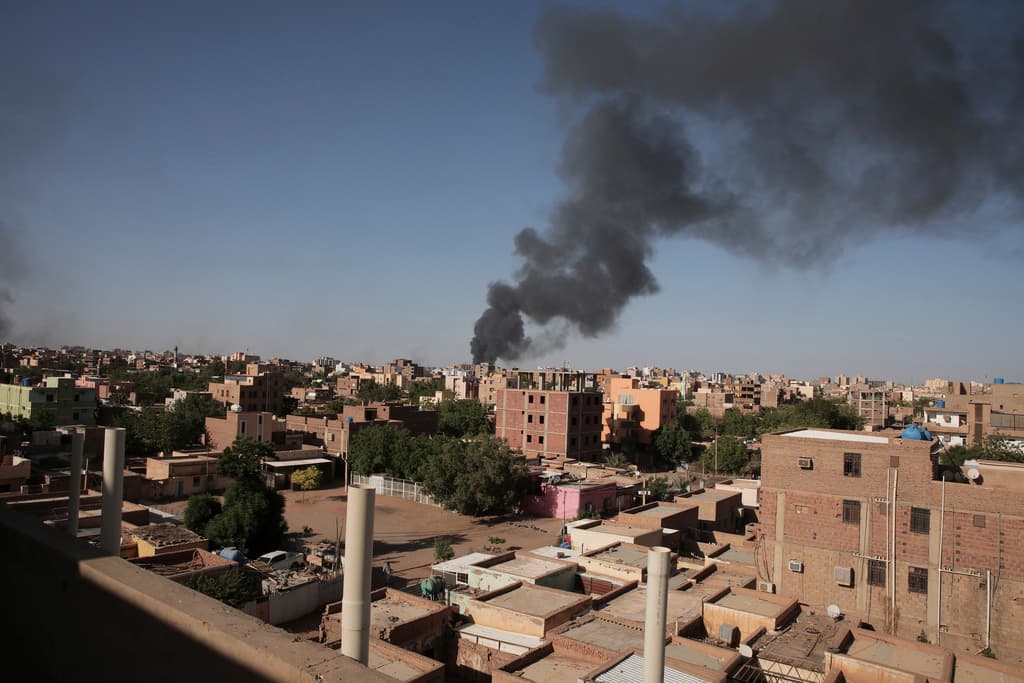Situation in Sudan Has America Laying Plans To Evacuate Embassy Personnel
In all, some 19,000 Americans are caught in street battles between the national army and a militia known as the Rapid Support Forces. At least 330 people were killed in the fighting this week.

As a conflict between two Sudanese warlords intensifies, the Biden administration is sending Marines to nearby Djibouti in case Americans would need to be evacuated. Could America be doing more to avert a protracted war that could harm our interests?
Please check your email.
A verification code has been sent to
Didn't get a code? Click to resend.
To continue reading, please select:
Enter your email to read for FREE
Get 1 FREE article
Join the Sun for a PENNY A DAY
$0.01/day for 60 days
Cancel anytime
100% ad free experience
Unlimited article and commenting access
Full annual dues ($120) billed after 60 days

